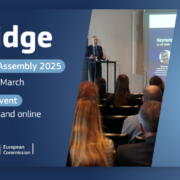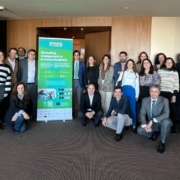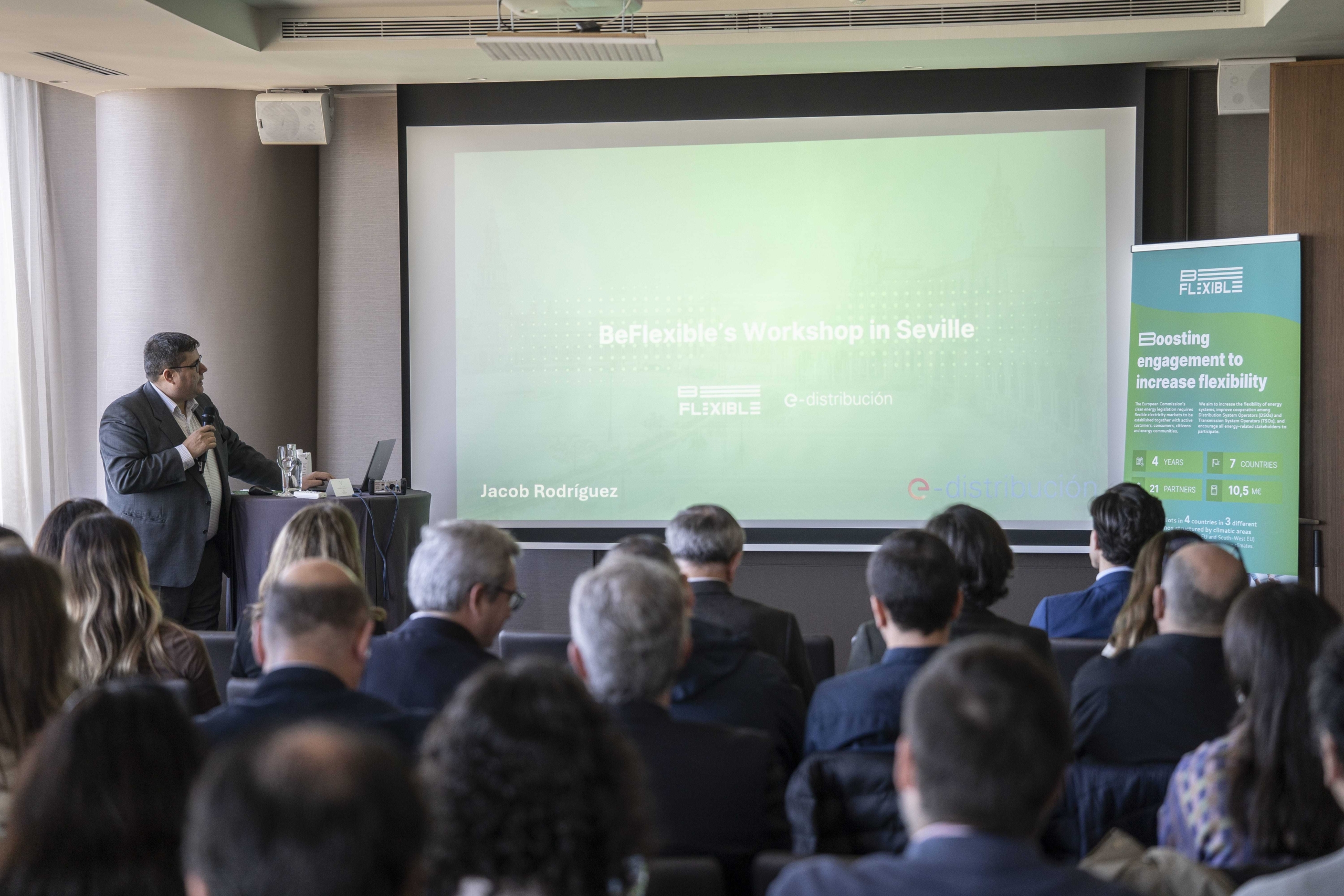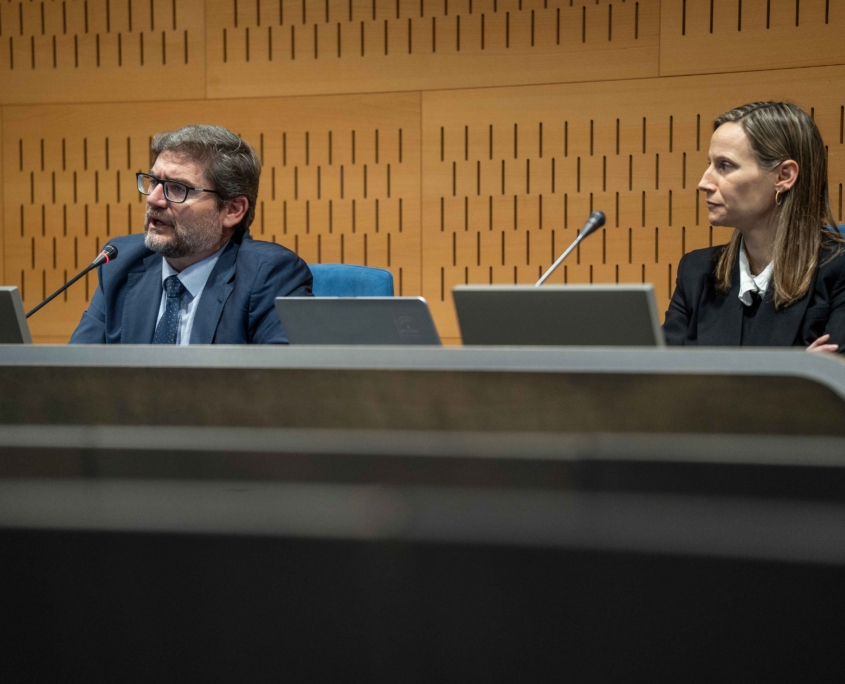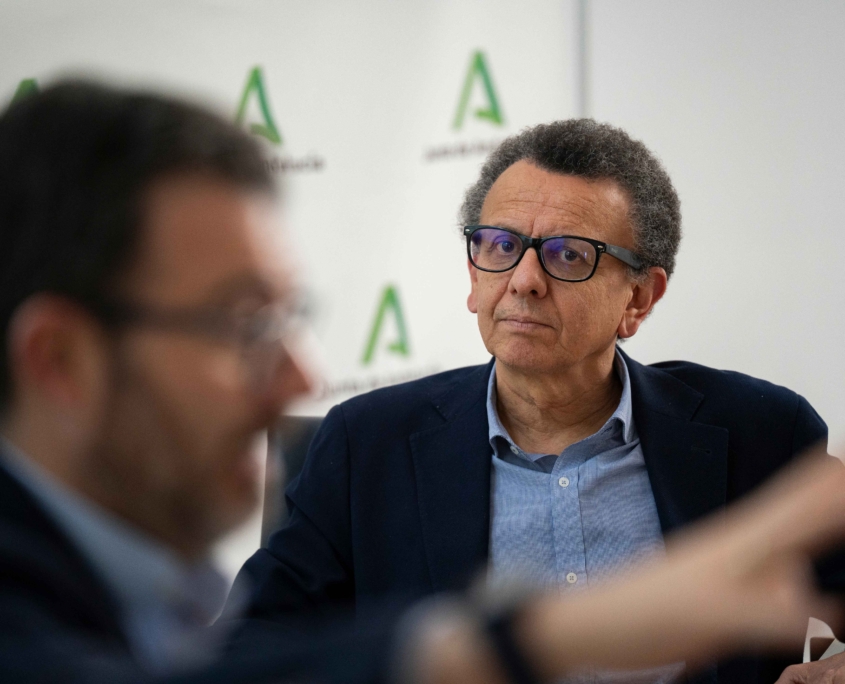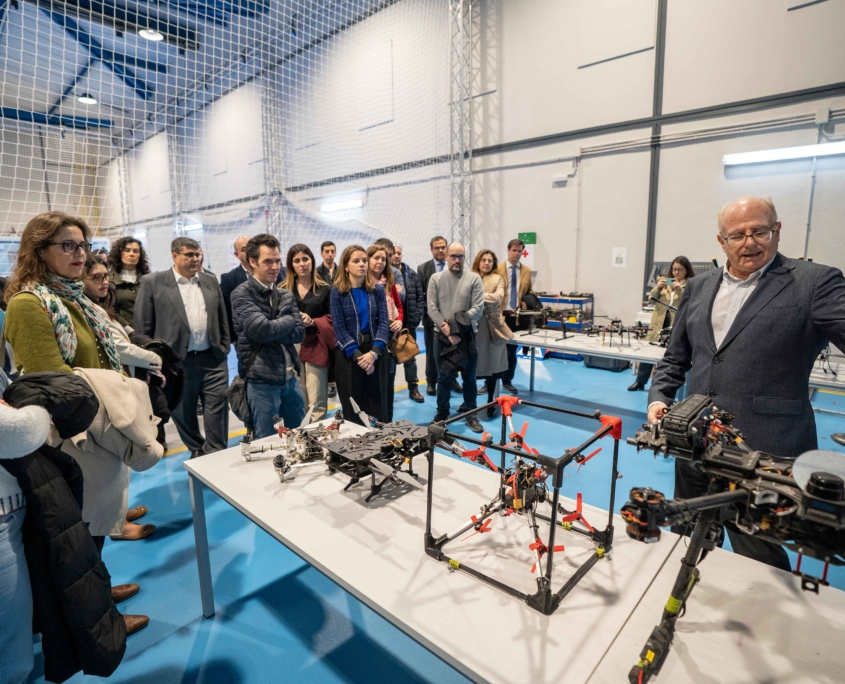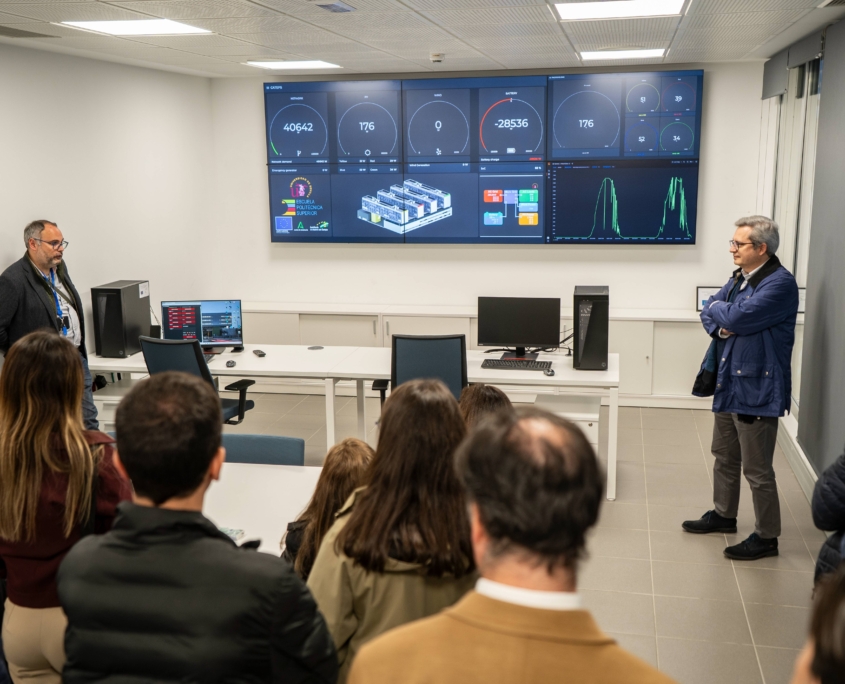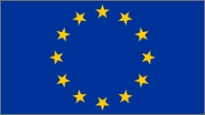BRIDGE General Assembly 2025: pioneering the future of smart grids and energy storage
BeFlexible at the BRIDGE General Assembly 2025: advancing citizen engagement and energy regulation
On March 25-26, 2025, the BeFlexible project actively participated in the BRIDGE General Assembly 2025 in Brussels, a flagship event bringing together EU-funded projects that are shaping the future of smart grids, energy storage, and digitalisation. This annual gathering is a crucial platform for sharing knowledge, discussing policy updates, and fostering collaboration among projects that are at the forefront of the energy transition.
The two-day event, hosted at the Square Brussels Meeting Centre, featured keynotes, policy updates, and working group discussions on critical topics for the energy transition. For BeFlexible, two sessions stood out prominently:
- The Consumer & Citizen Engagement Working Group, chaired by Michael Brenner-Fließer.
- The Regulation Working Group, which examined the policy and market conditions needed to accelerate flexibility solutions.
Engaging citizens: a key to the energy transition
Involving end-users in the energy transition is one of the biggest challenges for flexibility solutions. As Michael Brenner-Fließer, Chair of the Consumer & Citizen Engagement Working Group, stated during the session:
“To ensure a fair and effective energy transition, we must move beyond simple awareness-raising. We need tools, incentives, and regulatory frameworks that empower consumers to take an active role.”
The discussions in this working group revolved around several key points:
- Simplifying Access to Demand-Side Flexibility Programs: One of the primary challenges identified was the complexity of current demand-side flexibility programs. Participants discussed ways to make these programs more accessible and user-friendly, ensuring that consumers can easily participate and benefit from them.
- The Role of Digital Platforms and Real-Time Data: Digital platforms and real-time data are crucial in helping consumers make informed energy choices. The group explored how these technologies can be leveraged to provide consumers with the information they need to manage their energy use effectively.
- Harmonised Approach Across EU Member States: To avoid a fragmented regulatory landscape, there is a need for a harmonised approach across EU member states. This would ensure that consumers across Europe have a consistent experience and that best practices can be shared and implemented more effectively.
BeFlexible shared its vision on how digitalisation and market-based incentives can make consumer participation easier and more rewarding. The project highlighted the importance of creating a seamless user experience and providing clear benefits to consumers who engage in flexibility programs.
Regulatory challenges and opportunities
As flexibility solutions become more sophisticated, regulatory frameworks need to keep pace. The Regulation Working Group of the BRIDGE General Assembly 2025 tackled key issues such as:
- Evolving Market Design: The group discussed how market design must evolve to accommodate decentralised energy resources. This includes creating mechanisms that allow for the integration of small-scale renewable energy sources and storage solutions into the grid.
- Clearer Incentives for Flexibility Service Providers: There is a need for clearer incentives for flexibility service providers. The group explored various models for incentivising these providers, ensuring that they are adequately rewarded for their contributions to grid stability and efficiency.
- Alignment with EU Energy Objectives: Ensuring that national regulations align with EU energy objectives is crucial. The group discussed ways to harmonise regulations across member states, making it easier for flexibility solutions to be implemented on a broader scale.
Karsten Krause, Head of Sector at DG ENER, EU Commission, highlighted the progress of the BRIDGE initiative, stating:
“The achievements of BRIDGE demonstrate the power of collaboration in the energy sector. We are witnessing major advances in digitalisation and market design, but there is still work to be done to remove regulatory barriers.”
These reflections reinforce the importance of projects like BeFlexible, which aim to bridge the gap between innovation and real-world implementation. By addressing regulatory challenges and creating a supportive environment for flexibility solutions, these projects are paving the way for a more resilient and adaptable energy system.
What’s next?
The discussions at BRIDGE General Assembly 2025 confirmed that flexibility is a crucial enabler of Europe’s clean energy transition. At BeFlexible, we are committed to integrating these insights into our ongoing work and collaborating with stakeholders to drive change.
With strengthened networks, a clearer regulatory outlook, and fresh perspectives on citizen engagement, we are excited to bring flexibility solutions closer to real-world adoption. Our next steps will involve:
- Implementing Key Takeaways: We will incorporate the insights gained from the BRIDGE General Assembly 2025 into our project activities. This includes refining our approaches to consumer engagement and working closely with regulatory bodies to advocate for supportive policies.
- Strengthening Collaborations: Building on the connections made during the event, we will continue to collaborate with other projects and stakeholders. These partnerships are essential for sharing knowledge, resources, and best practices.
- Advancing Digitalisation: We will focus on advancing digitalisation within our project, leveraging the latest technologies to enhance consumer participation and improve the efficiency of flexibility solutions.
Stay tuned as we continue working towards a more adaptable, consumer-driven, and resilient energy system!
